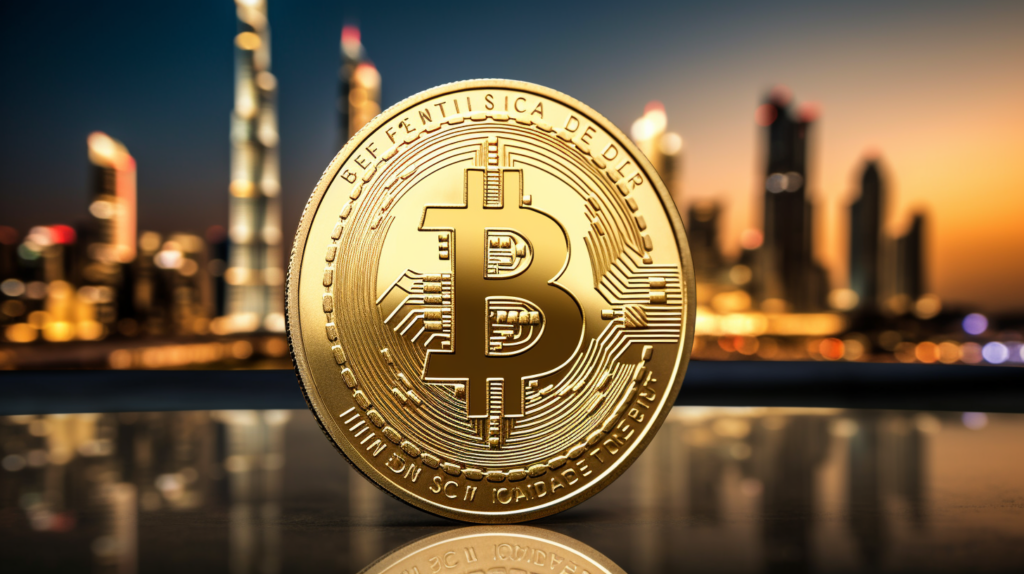Trump’s Bold Declaration: No CBDCs in the US Under His Presidency
Former United States President Donald Trump, in his recent campaign speech in Portsmouth, New Hampshire on January 17, made a striking declaration. He vowed to prevent the creation of Central Bank Digital Currencies (CBDCs) in the US if he is re-elected. Trump’s stance is clear: he perceives CBDCs as a “threat to freedom,” fearing they would grant the federal government absolute control over citizens’ finances. This sentiment echoes the views of other US Presidential candidates like Ron DeSantis and Robert F. Kennedy Jr., who have also expressed opposition to CBDCs.
The Global Context: CBDCs Gaining Traction Elsewhere
While Trump and some of his counterparts in the US political arena are staunchly against CBDCs, the global landscape tells a different story. Countries like Russia and Brazil are moving forward with their CBDC initiatives. The Bank of Russia, for instance, anticipates widespread adoption of the digital ruble by 2025. Brazil is also on track to launch its CBDC project in 2024. Even the European Central Bank is progressing to the next phase of its digital euro project. This global trend towards digital currencies highlights a stark contrast to the resistance seen in the US.
A Perspective on Trump’s Anti-CBDC Stance
From my point of view, Trump’s opposition to CBDCs is a double-edged sword. On one hand, it aligns with a desire to protect individual freedoms and prevent government overreach. The fear that CBDCs could lead to unprecedented control over personal finances is not unfounded. However, on the other hand, this stance could potentially hinder the US’s progress in the evolving global financial landscape. As other nations embrace digital currencies, the US risks falling behind in innovation and financial technology.
In conclusion, Trump’s vow to block the creation of CBDCs in the US is a significant stance in the ongoing debate over digital currencies. While it reflects a commitment to preserving individual freedoms, it also raises questions about the US’s role in the future of global finance. As the world moves towards digitalization, the US must balance the protection of personal liberties with the need to stay competitive in an increasingly digital economy.





